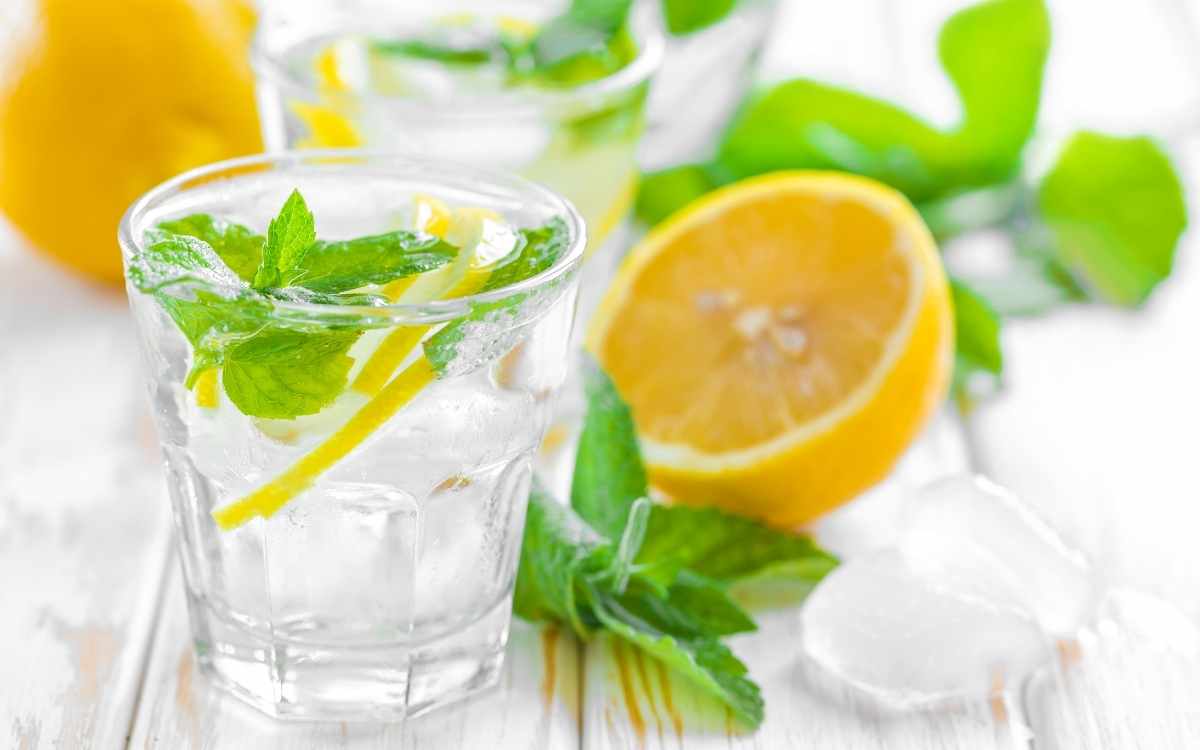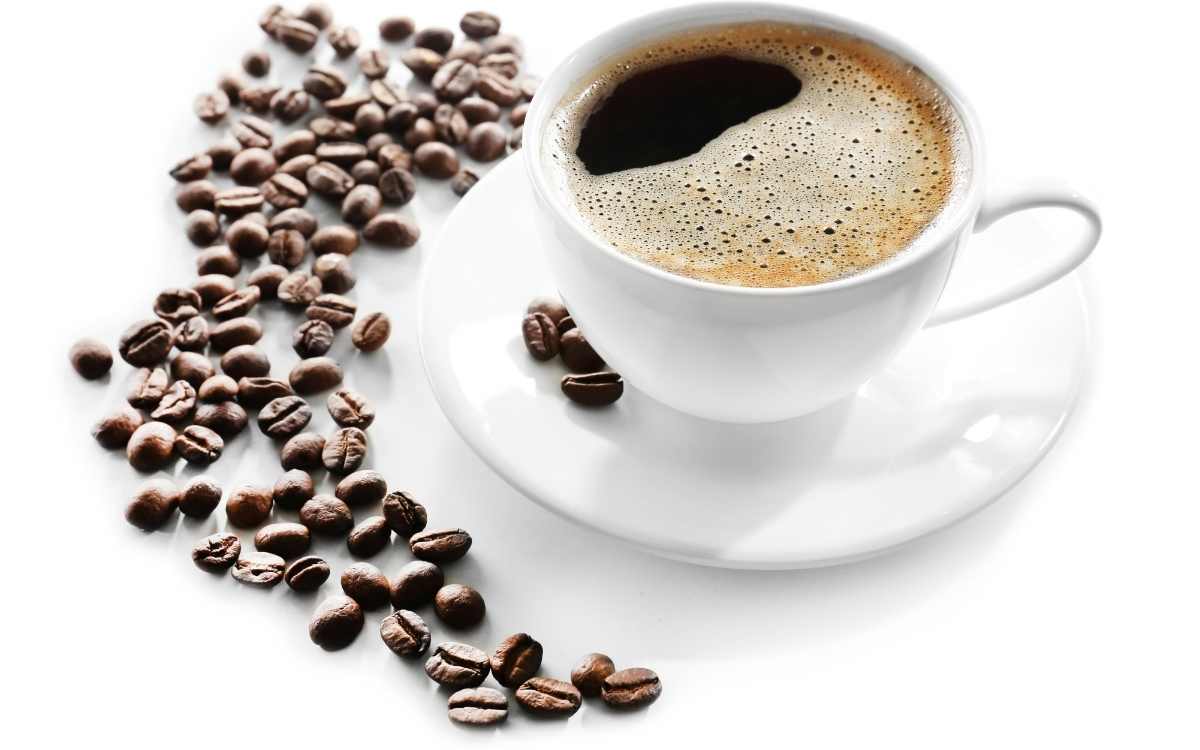Are you looking for food to avoid gout? If you are concern about gout there are certain food you need to avoid.
Gout is the most common form of arthritis in males and mainly occurs after 40 years of age. However, it can affect everyone.
It is estimated that men are three times more likely to get gout than women because they have higher levels of uric acid most of their lives.
Gout is a type of inflammatory arthritis that attacks the joints of hands, feet, knees, and elbows causing severe pain and stiffness in these areas.
The pain usually occurs at night and it will last for a few days or longer seldomly lasting for weeks!
Gout is caused by excess uric acid, a type of natural waste product found in the blood. When too much uric acid builds up in the blood, crystals build up in the joints causing a gout attack.
Although there are effective medications for gout, you also need to know what food to avoid for gout.
Dietary factors play an important role to reduce uric acid levels.
In this article, you’ll find some food to avoid gout or a low purine diet and also gout diet tips, to help you prevent a gout attack in the future.
Some of the Common Food to Avoid For Gout
When gout flares up, it usually is due to increased uric acid levels. You may know what food to avoid gout but still, you should stay away from these foods because they make the symptoms of gout worse.
High purine foods are usually the culprits that cause increase uric acid levels in the body.
Purines are a type of chemical that builds uric acid in the body. These chemicals are naturally found in the body and can also be found in certain foods.
When you have high levels of uric acid build-up, the crystals form in the joints such as in the foot, ankle, elbow, and knee.
These crystals then cause intense pain and swelling in these areas.
The only way to prevent gout attack is to know your high purine foods.
High Purines can be present in both animals and plant foods.
Below are some of the common purine-rich foods that you need to avoid.
Alcoholic Beverages
Alcoholic beverages are one of the most common foods that must be avoided. Alcohol intake, not just beer, but also wine drinking will trigger gout.
When you drink alcohol, it increases uric acid levels in your blood.
You may ask why people with gout can’t drink alcohol?
Alcohol is high in purines, which are then broken down into uric acid.
Limiting alcohol intake will help to lower uric acid levels and as a result, reduce the risk of gout attacks.
If you are a heavy drinker, you should discontinue alcohol completely to control gout.
Also limit, any sugary drinks or high fructose corn syrup and other soft drinks such as sugary sodas, fruit punch, and lemonade.
Red Meat
Red meat is considered a high purine diet, as they contain more uric acid than any other food, so cut down on them if you want to avoid gout attacks.
Red meat is one of the most common foods that should be avoided by persons who have gout or in general.
According to Dr.Loren Cordain, a professor of Health and Exercise Science at Colorado State University says that beef, pork, lamb, and any organ meats all have a high purine content.
Therefore if you want to minimize the risk of gout attacks, limit the amount of white meat chicken, or turkey you eat each day.
Eat no more than 4 to 6 ounces of red lean meat or fish per day, meat each day to avoid gout attacks. ( Ref.)
In addition, you should also stay away from game meats and organ meats such as liver, kidneys
Read What Is The Fastest Way To Get Rid Of Gout>>
Seafood
Some types of seafood are high in purines, including anchovies, salmon, tuna, shellfish, sardines, tuna, and mussels.
Seafood is considered a healthy food for most people but if you have gout it’s best to limit seafood because of its high purine content.
List of High Purine Vegetables
Most of the plant-based foods and vegetables are low in purines but there are a few exceptions like asparagus, cauliflower, spinach, and mushrooms, green peas, and dried lentils, peas, and beans
If you have gout, it’s best to limit or avoid these types of vegetables.
Sugary Foods And Beverages
Limit sugary foods/sweetened foods such as cake, cookies, chocolate, and other cakes desserts because they have a lot of fructose. High fructose corn syrup and other sweeteners should also be avoided.
Should You Drink Fruit Juices?

Although, there are studies that indicate that some fruit juice can provoke gout attacks, but some experts say that the benefits of fruit juices outweigh the risks.
lemon juice might be a useful remedy to help treat gout. The citric acid in the lemons triggers uric acid to be expelled from the body. This process is known as uricosuric.
Moreover, lemon juice also helps reducing blood sugar levels and has anti-inflammatory properties that can help reduce pain associated with gout attacks. Lemons are an excellent source of vitamin C for the body.
Lemon has powerful blood pressure lower effects, in case you have high blood pressure.
Wild strawberries are also a source of vitamin C, which can help reduce the gout risk. This is why doctors usually recommend vitamin C supplements to reduce gout symptoms.
Wild strawberries help reduce levels of uric acid during an attack of gout, due to their high levels of flavonoids and anthocyanin compounds that have anti-inflammatory properties that block prostaglandins’ production, which creates pain associated with gout.
Other gout foods include celery, parsley, artichokes, cherries, and cranberries.
Parsley contains high levels of magnesium that can help prevent gout attacks by reducing uric acid levels in the blood and inhibiting its absorption from the intestine.
Cranberries are useful in reducing the risk of developing gout and also in slowing its progress.
The high amount of acidity present in cranberries helps slow down uric acid levels buildup that increases the risk of gout.
Cherries also have high levels of anti-inflammatory compounds called anthocyanins, which help reduce the severity and length of gout flares by helping block the production of prostaglandins. ( Ref. 2)
Lifestyle Changes You Can Make to Combat Gout
If you have gout, then you may have to change some of your lifestyle habits. If you have excess weight then your doctor might recommend that you lose weight and start exercising regularly.
These changes can help decrease uric acid levels in the bloodstream, which should help reduce your chances of further gout attacks.
However, you should also know that losing weight fast can sometimes do more harm than good, especially if you are obese. Sudden weight loss can trigger gout attacks because of the rapid drop in uric acid levels in your body.
So, losing weight gradually will help reduce gout symptoms.
Reaching a healthy weight will also improve your insulin resistance, which is also very important in reducing uric acid levels.
Always remember that you are not alone when it comes to gout treatments, especially if you have difficulty following your new lifestyle.
( See the Scientific studies on how insulin resistance promotes high uric acid levels. Ref. 4)
Low purine Foods You Can Eat
Although a gout-friendly diet eliminates many foods, there are still many healthy foods you can eat.
Some foods that have low purine levels may be enjoyed in small amounts, it will not raise uric acid levels.
According to Healthline, foods are considered low-purine when they have less than 100 mg of purines per 3.5 ounces (100 grams). ( ref.5)
Most of the foods you eat, especially fruits and vegetables, will have very little purine levels.
The following are examples of low-purine foods that can be safely eaten:
Fruits: All fruits are considered low-purine, you can especially focus on fruits high in vitamin C such as orange juice, lemons pineapples, and strawberries.
Low-Fat dairy products: These are considered gout-friendly foods as long as you do not add sugar to them and make sure they contain low fat.
The proteins in milk, for example, can help promote the excretion of uric acid in the urine. (Ref.6)
Cut back on high-fat dairy products, as they have a lot of saturated fats.
Coffee Consumption and Risk of Gout

According to WebMD, Coffee consumption, drinking four servings of caffeinated beverages in the previous 24 hours was associated with an 80% increased risk of recurrent gout attacks, compared with having no caffeinated drinks. ( Ref. 7)
Caffeine is believed to increase the risk of gout because it increases uric acid levels in the bloodstream and minimizes kidney excretion, which can lead to gout attacks.
However, most of the studies show that moderate caffeinated consumption may not increase the risk of gout, instead, it may even lower your risk of gout especially in women.
Most of the research on coffee is actually conflicting, it’s is best to listen to your body and keep your intake low.
Frequently Ask Questions About Gout
Q. WHAT CAUSES GOUT?
A. The main cause of gout is abnormally high levels of uric acid in the bloodstream, this causes painful crystals to form around your joints and tissues.
Uric acid is produced when the body breaks down purines, a chemical compound found in certain foods and drinks, such as organ meats, sardines, anchovies, dried beans, mushrooms, and alcoholic beverages. High levels of uric acid can deposit into joints or the kidneys over time causing inflammation and pain.
Q. HOW IS GOUT TREATED?
A. If you are diagnosed with gout, the doctor will discuss your diet and physical activity choices in more detail to prevent future attacks. A purine-restricted diet and increased physical activity are the main treatment for gout.
Your doctor may prescribe you medications, such as nonsteroidal anti-inflammatory medications or colchicine, which is a medication used for gout and other inflammatory disorders.
In addition to that, your doctor may also prescribe medications that block uric acid production or help excrete uric acid from the body.
Q. Is it possible to get rid of gout?
A. Yes, it is possible to get rid of gout for good! There are many people who have successfully gotten rid of their gout naturally and painlessly using the End Of Gout By Shelly Manning. You can too!
Conclusion
Dietary changes are often recommended to gout sufferers in order to help reduce the symptoms associated with it.
In one study, 600 people with gout, those who ate a high purine food were about five times more likely to develop gout and more than twice as likely of having frequent gout attacks compared to people who ate a low-purine diet.
Remember it’s always best to consult a doctor, who can provide medical advice and guidance on your new diet.
Read Immediate Gout Pain Relief >>

